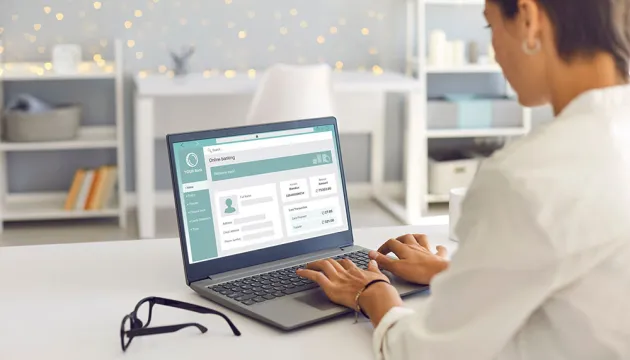Opening a Checking Account
To open a checking account, in most cases you will need two forms of government issued ID, an application and an initial deposit. For undocumented immigrants, requirements may be slightly different. Check with your credit union to learn more.
There are a few different types of checking accounts to consider. Individual accounts are for you alone to manage funds and write checks or pay bills. If you are interested in sharing expenses with a spouse, partner, or parent consider a joint account so multiple approved people can access the funds. Starting accounts for minors is a great way to teach children and teens how to manage their money. A parent or guardian will typically have access to these accounts as well.
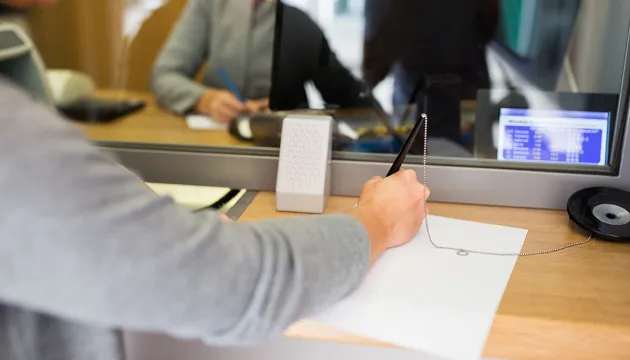
Things to Consider When Opening a Checking Account
Once you decide to start a checking account, do your research to make sure the credit union and the account will serve your needs. Ask questions such as:
- Are they accessible? Is there a location and ATM near me?
- What fees are involved?
- What options are available online?
- What kind of support is available?
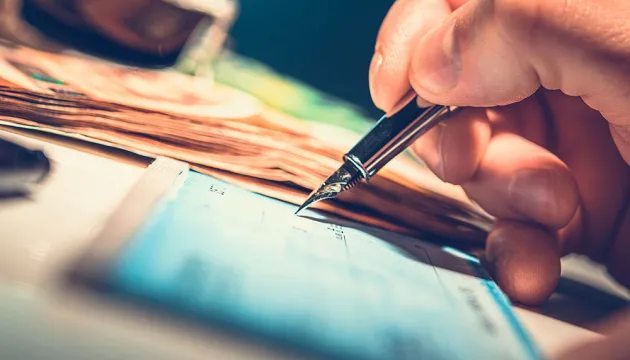
Direct Deposits
Direct deposits let you authorize specific deposits like paychecks, tax refunds, Social Security checks, and other funds to your account. Using direct deposits allows you to get your money as quickly and safely as possible. You can also pre-authorize direct withdrawals so that recurring bills, like insurance premiums, mortgages, utility bills, and gym memberships, are paid automatically. Make sure you trust the vendor before setting up recurring withdrawals, so money isn’t removed improperly. Credit unions are required to make direct-deposit funds available for withdrawal no later than the business day after the funds are received electronically.

What to Know About Overdraft Fees and How to Avoid Them
Overdraft occurs when you spend more money than is in the account. Your credit union or bank may charge a fee when this occurs.
Having Overdraft Protection is Optional
Overdraft protection is an optional service to cover a transaction when there are not enough funds available. There may be a fee for this protection, so if it is not working for you or if you are finding it hard to manage, you can opt out. Without overdraft protection, if you use your debit card but don't have enough funds in your account to cover the transaction, it will not go through.
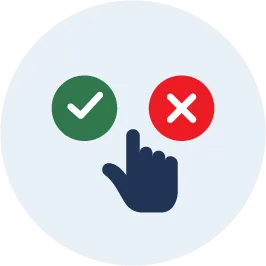
Link Your Checking Account to Your Savings Account or to a Line of Credit
When you link your checking accounts to your savings account or to a line of credit, there may be sufficient funds available to cover an overage in another account. In this case, you would not be charged an overdraft fee, as long as there are sufficient funds in your linked account to cover the transaction.
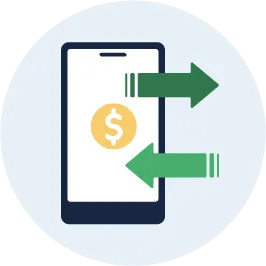
Set Up Alerts to Warn You When Balances Get Low
Some credit unions may allow you to sign up to receive an email or text alert when your checking account balance drops below a specified threshold.
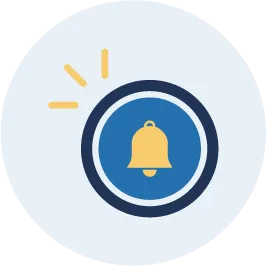
Talk to Your Credit Union
If your cash flow is creating issues for your accounts, or you find yourself in a financial bind, reach out to your credit union to explore your options. Your credit union may have resources and budgeting tools to promote smart spending.
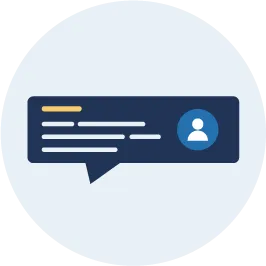
Learn More
Do You Need Help Managing Your Money?
In life we sometimes find that we can no longer manage our finances independently or we recognize signs that our loved ones are struggling to manage their own finances. In such instances, there are informal and formal arrangements that can be put in place to assist you. Consider a Power of Attorney to give someone else legal authority to make decisions about your money or property when you can no longer properly manage your finances. There are other options such as assigning a guardian or a trustee when money and property is managed through a trust. As well, you may work with your financial institution to designate a trusted contact. This is a person of your choosing who your credit union or bank can reach out to if they are unable to get in contact with you. They can also validate information about you, your guardians, and legal representation.
Unauthorized Transactions and the Electronic Funds Transfer Act
When you find unauthorized transactions on your checking account statement there are some actions you must take to avoid liability for future unauthorized transfers. Know and understand your rights under the Electronic Fund Transfer Act (EFTA) to save you time and money. Read our blog to learn how to handle unauthorized transactions.
